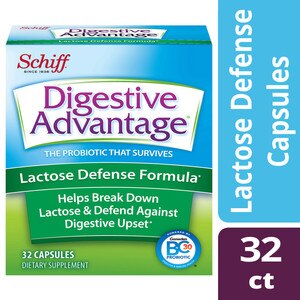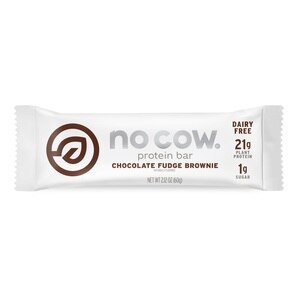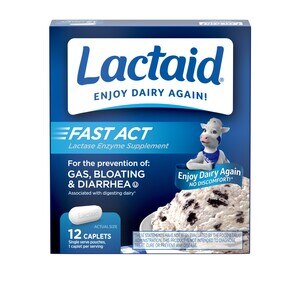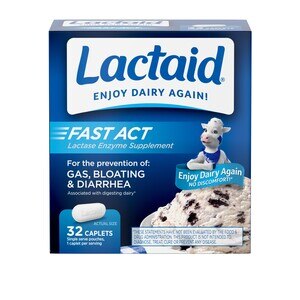Me+My Gluten Assist, 30CT
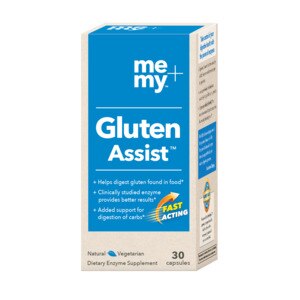
Similar Products
Products of same category from the store
AllProduct info
For many, gluten in wheat products is difficult to digest. Some may experience occasional gas, bloating, diarrhea or constipation when eating these foods. According to one US survey, 1 in every 3 adults is reducing or avoiding gluten consumption.1 Gluten is the main protein found in grains, notably wheat, rye and barley and is an ingredient that gives grain its shape, strength and texture.The gluten protein is made up of several amino acids, some of which are difficult to digest by the enzymes the body naturally produces. Those with gluten intolerance may experience digestive discomforts as a result of not being able to break down these proteins. Supplemental digestive enzymes have been used very successfully to help digest foods containing gluten.*These enzymes are also used by those on a gluten-free diet who are concerned with unintentional gluten consumption from hidden gluten and when food preparation is unknown.Fast-acting Gluten Assist provides a unique vegetarian enzyme blend, including the clinically studied enzyme Tolerase G, to effectively break down difficult to digest gluten.* Tolerase G not only survives stomach acid, but is very active in gastric conditions. This means digestion of gluten takes place in the stomach rather than the small intestine. Along with Tolerase G, Gluten Assist includes the enzyme amylase. Amylase breaks down carbohydrates that typically accompany gluten containing foods.* Gluten Assist contains NO: gluten, milk, casein, soy, egg, artificial colors or flavors.TESTED TO BE TRUSTED We require that all vitamins & supplements are third-party tested to help ensure they contain the listed dietary ingredients. To learn more, please visit cvs.com/tested-trusted.
Price History
Price Archive shows prices from various stores, lets you see history and find the cheapest. There is no actual sale on the website. For all support, inquiry and suggestion messagescommunication@pricearchive.us










